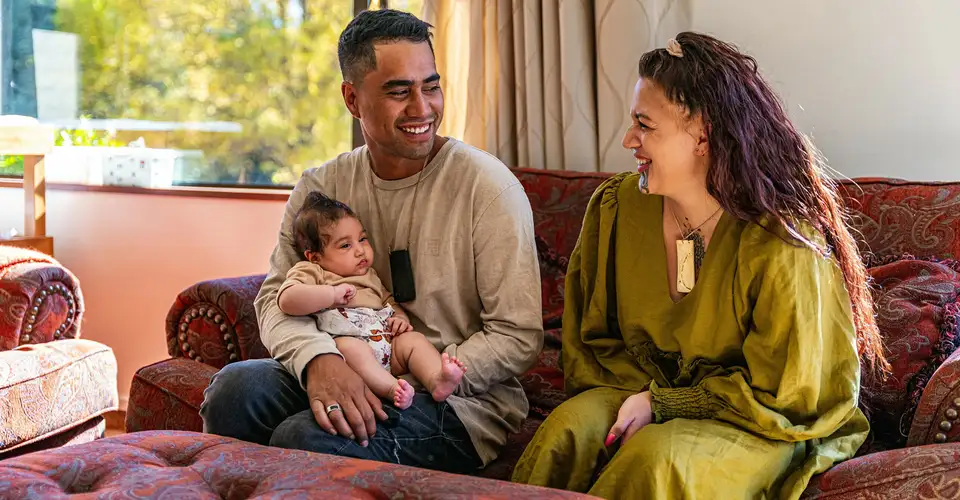How does financial abuse start?
False sense of entitlement
Someone might feel entitled to your money and decide to help themselves. For example, if you have adult children they might view your money as their inheritance and feel like they can dip in and take money early.
Slippery slope
There could be a gradual change in behaviour, where you put someone you trust in charge of your financial affairs and they initially look after your money responsibly, but gradually start taking advantage.
Misplaced trust
It could be someone in a position of trust - like an attorney or person you’ve appointed to manage your affairs – who is not up to the task.
What can financial abuse look like?
Controlling behaviour
- Denying you financial independence, by not giving you access to your bank accounts, cash or financial records. They might make it difficult for you to study or work and earn money, or demand to see receipts every time you spend money.
- Withdrawing financial support, dragging out a property settlement, or defaulting on joint bills or debts.
- Excluding you from discussions or decisions about your own household expenditure or joint property or assets.
- Intercepting your mail, so you don't see bills or bank statements.
Guilt or coercion
- Someone might guilt you into lending them money, guaranteeing a loan, or taking out a loan, credit card, or other debt for their benefit.
- Insisting you invest in their business venture.
- Forcing you to sign documents that you don't understand or that you don't want to sign.
- Pushing your emotional buttons to get you to change your will, or give them power of attorney/control of your accounts.
Deceptive or inept behaviour
- Taking money out of your account or getting credit in your name without your permission.
- Using your money for something other than what you've agreed on. For example, you've asked them to get you some groceries, and they use your money to get their own groceries as well.
We're here to help

If you, or someone you know, is being financially abused, see what we can do to help. You can also get in touch with us at 0800 11 33 55 or visit your nearest Kiwibank.

